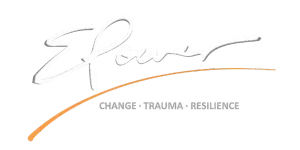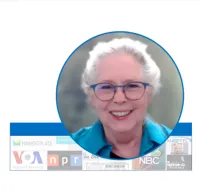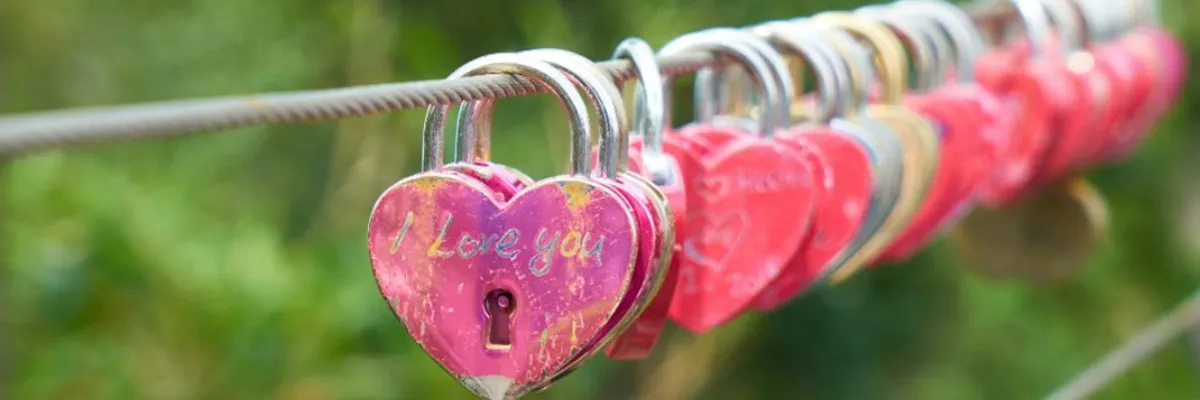
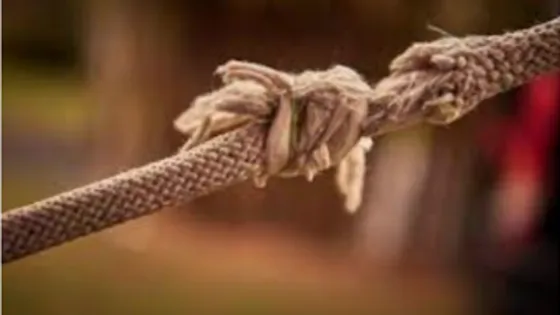
Hurt People Hurt People
I have heard this way too often (and sadly, I have said it) …and it turns my stomach more than a little. I read it today in a post, followed by and “healed people heal people.” The time I heard it last was when it was used as a “make wrong,” to school me on being upset about systematic exclusion and stigmatization by a group.
It’s catchy. It can illuminate the challenge people face when their “cup runneth over” and they act like the tail end of a donkey. It goes well, this catchy phrase, with the inverse, “…and healed people heal people.”
Here’s the fallacy. Everyone is hurt. All of us hurt each other. The person who said “hurt people hurt people” was unable to own--even consider--the role the group may have played. Even though others were involved, it was all about me. Except it wasn’t. The injuries each person carries with them? Their fear, shame, judgment, and injuries? Perhaps they had different names, and they were… hurt. It’s not a “class” of people, trauma survivors, who hurt people who are…not trauma survivors. It’s all of us, hurting each other.
Another fallacy? Healed people heal people. Seriously? You can’t help people heal if you’re not healed? Every clinician I know--MDs, PhDs, PsyDs, LCSWs, LPC--all of them--still has healing they’re working on in their own lives. Hopefully, it’s in different areas than the folks they serve, or that they are a step or three ahead in the healing process.
It’s all messy. The truth is, we all hurt each other when our cups run over, and we can all help each other heal. Maybe it’s time to retire both phrases, instead of using them as weapons to justify avoiding our contributions to difficult moments--and moments of healing.

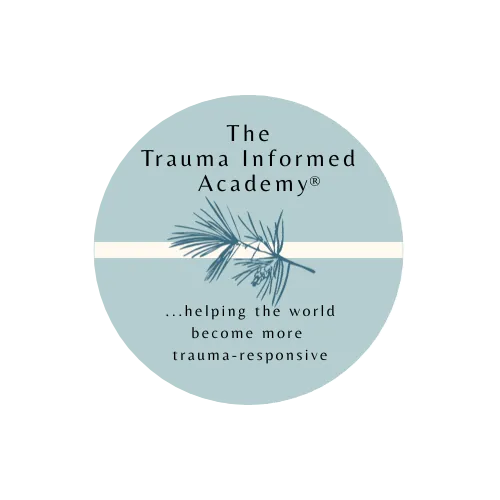

Email our Admin:
©Copyright 2025 EPower & Associates, Inc. All Rights Reserved.
Privacy Policy | Terms of Use
Featured On...

